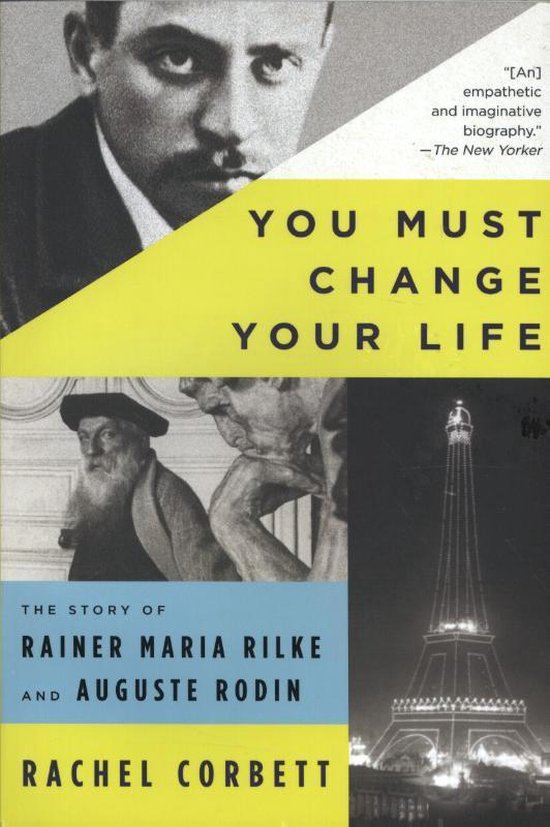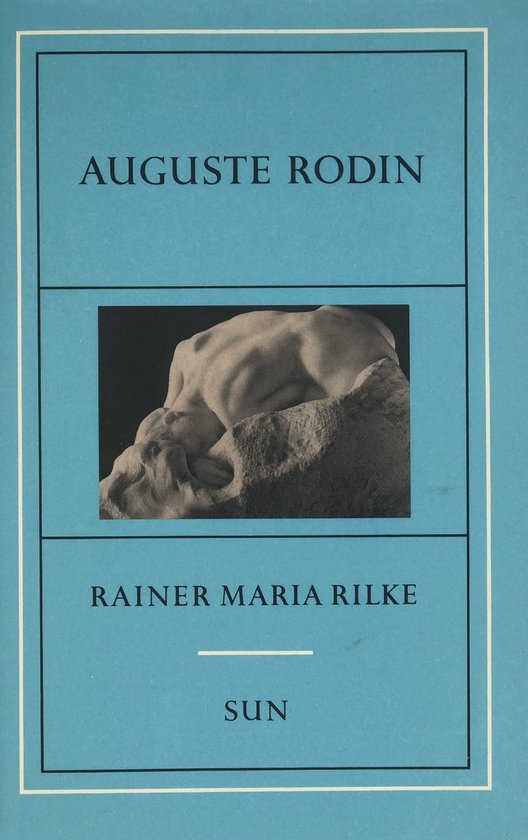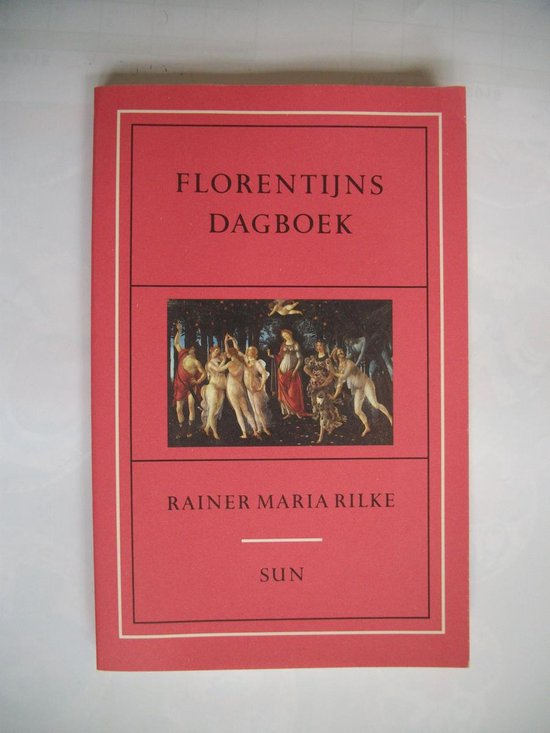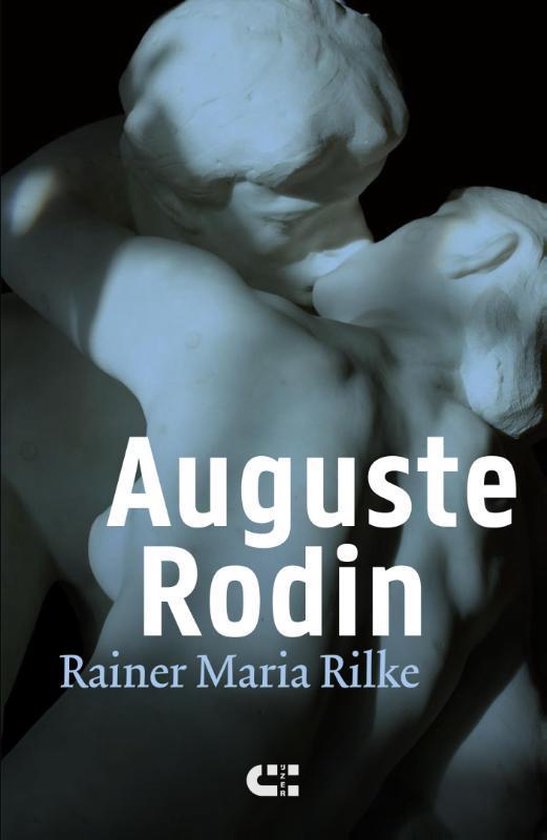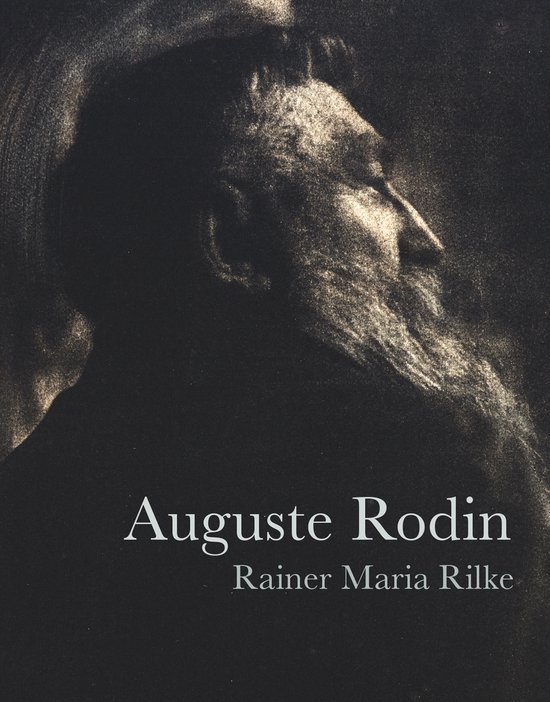
Auguste Rodin
In 1903 Rilke published this essay, a sustained and profound meditation on the unique power of Rodin's sculpture that has never been equalled. Written around a chronology of Rodin's work, it is also a very approachable introduction to some of the greatest sculpture of the nineteenth century.
Auguste Rodin (1840-1917) was already an old man when the young poet Rainer Maria Rilke went to interview him for the first time. Rilke stayed on to work as Rodin's secretary. Intensely sensitive to art, and in particular to the irreducible power of objects, and yet able to express this awareness in prose of great lyricism and clarity, Rilke was destined to be the critic who would most naturally dramatise Rodin's work. In 1903 Rilke published this essay, a sustained and profound meditation on the unique power of Rodin's sculpture that has never been equalled. Written around a chronology of Rodin's work, it is also a very approachable introduction to some of the greatest sculpture of the nineteenth century.
| Auteur | | Rainer Maria Rilke |
| Taal | | Engels |
| Type | | Paperback |
| Categorie | | Kunst & Fotografie |
